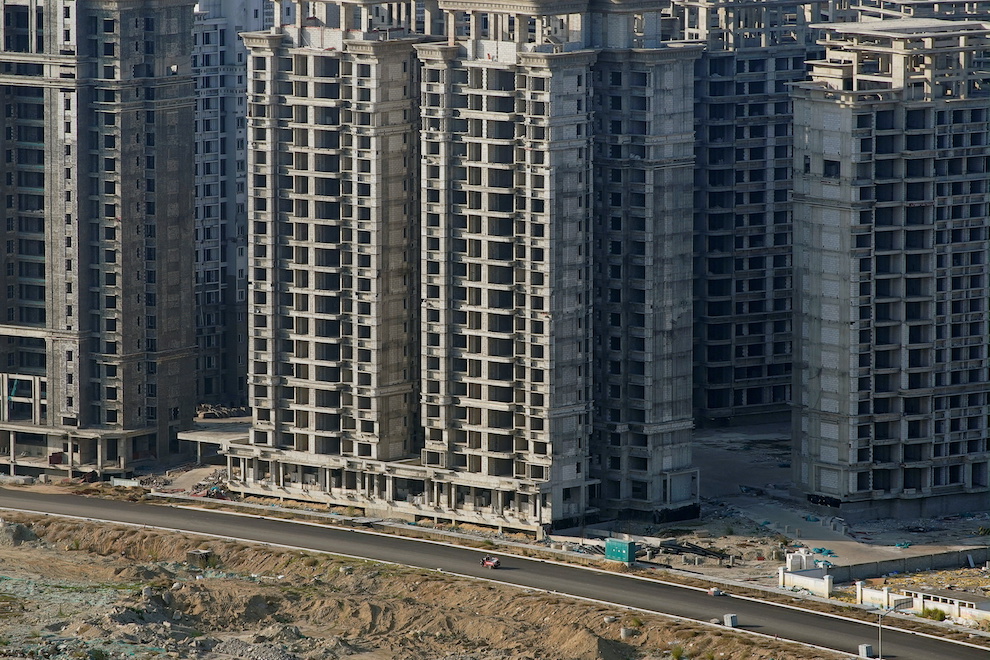China’s pledges to shore up its embattled property industry have done little to boost prospects for the sector, according to developers, with access to funding still challenging and local government authorities reluctant to ease rules more effectively.
The world’s second-largest economy needs more decisive policy easing at the city level to stimulate demand from wary buyers and inject new credit to stop more property-related firms from defaulting, executives at top developers said.
Beijing has repeatedly signalled more government support for the sector after bond payment defaults by China Evergrande Group and others rattled global markets and weighed on the economy.
As part of those efforts, China’s central bank has said financial institutions need to extend real estate loans steadily under prudent management to meet the “reasonable” funding needs of the sector.
But executives at five developers, all among China’s top 50 by sales, said they have not been able to get new loans from banks.
The developers said they can now only use cash from sales, which has been diminishing, for building new projects.
“The negative news headlines of developers failing to meet payment obligations keeps ringing alarms … so far we are mindful to focus on state-owned developers only.”
Property investments in China bounced slightly over the first two months of 2022, rising 3.7%, while new construction starts measured by floor area fell 12.2%.
Home Demand Weak
Overall, home demand remained weak with property sales by floor area down 9.6% during the same period.
“Little coherence” between central authorities and local governments on easing measures was also denting hopes of a quick revival, said the chief financial offer of a developer that has struggled to repay its offshore debt.
“Every city has different policies, different departments are trying to figure out how much they can implement, and the effectiveness is low,” said the executive at a firm based in eastern China.
Beijing drafted a new nationwide policy this year for pre-sale funds developers need to keep in escrow accounts for project completion. The aim was to correct some local government’s over-tightening of the fund withdrawal rules last year.
But decisions on how much developers need to keep in escrow accounts is still in the hands of city-level officials, many of whom remained cautious, the property firm executives said.
Logan Group said it had 18 billion yuan in the escrow accounts. Evergrande, whose $20 billion offshore debt is deemed in default, said in early February it had 50 billion yuan in the accounts.
China’s stimulus measures have been mainly focused on boosting home demand, including cutting down-payments for first-time buyers, reducing mortgage rates, and subsidies.
- Reuters, with additional editing by George Russell
READ MORE:
No Let-Up for Indebted Chinese Developers – Caixin
AF TV – Evergrande Debt Crisis: Five More Developers on the Brink of Default
China Developers’ Fundraising at 10-Year Low in January: Moody’s
























